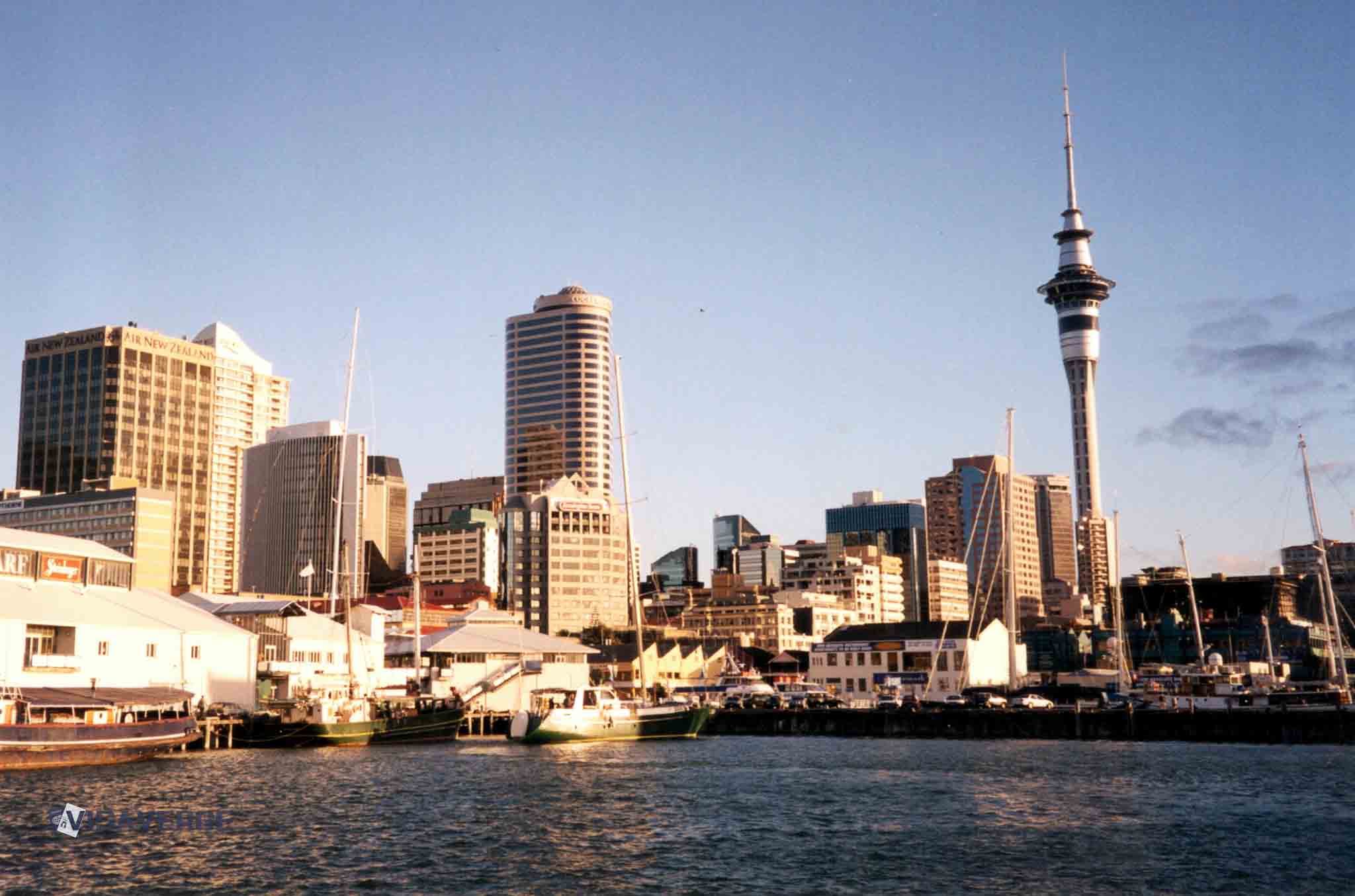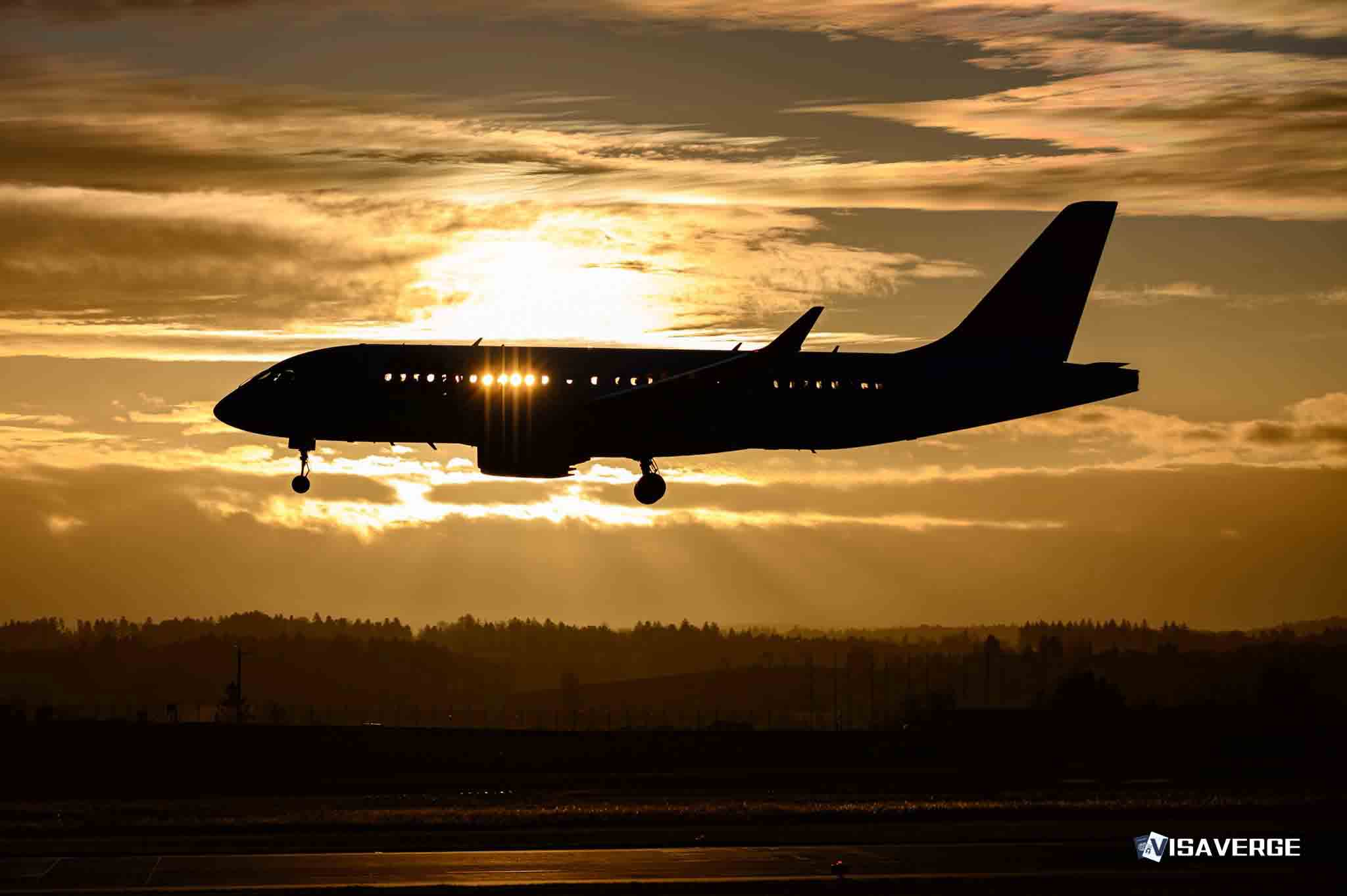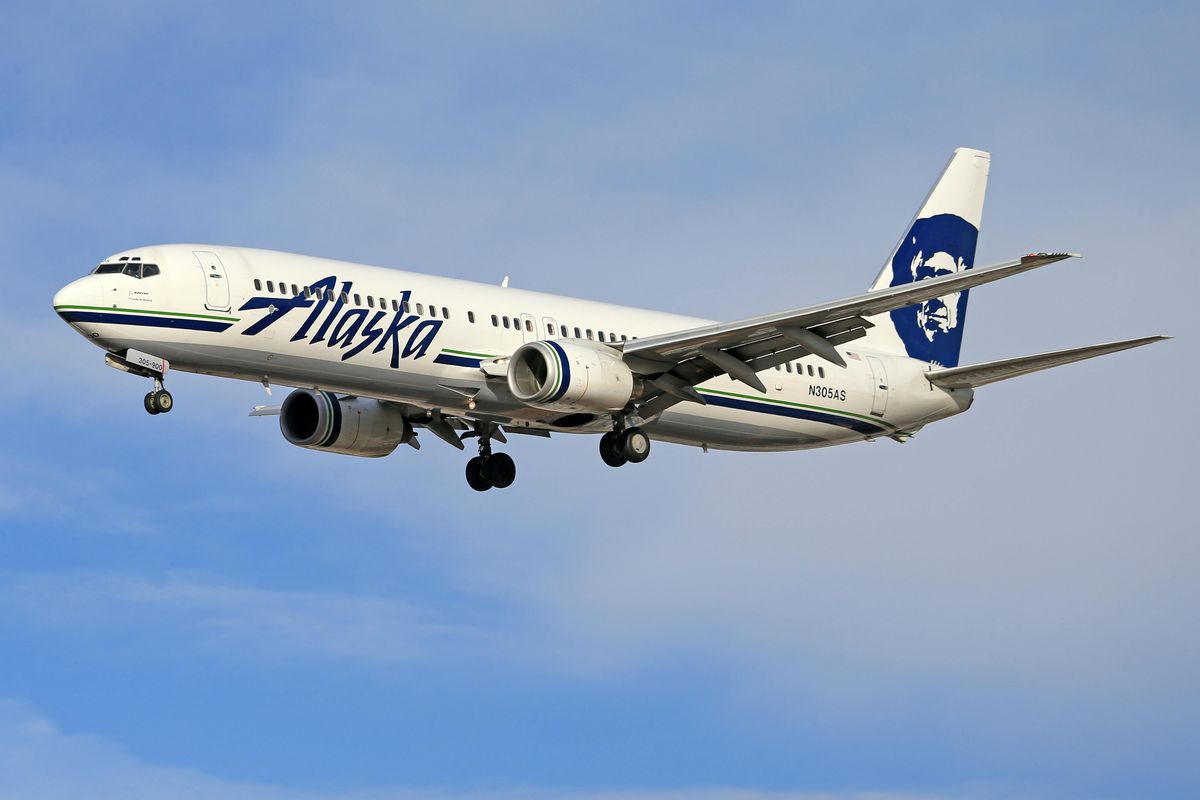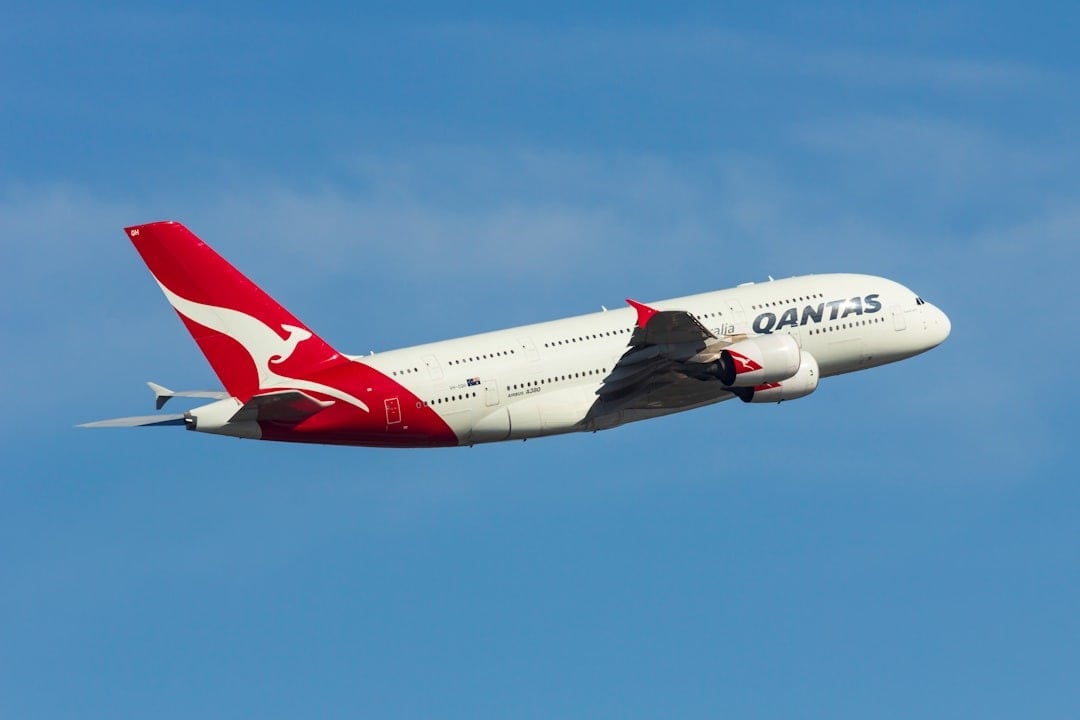Key Takeaways
• ICAO Aviation Climate Week 2025 focused on accelerating sustainable aviation, held June 2–4 in Montréal, Canada.
• Sustainable aviation fuels (SAF) can reduce carbon emissions by up to 80%, with Virgin Atlantic’s Flight100 showing 64% CO₂ reduction.
• ICAO’s LTAG aims for net-zero international aviation emissions by 2050, supported by frameworks like CORSIA and ACT-SAF.
The 2025 ICAO Aviation Climate Week, held from June 2 to 4 at the International Civil Aviation Organization (ICAO) Headquarters in Montréal, Canada 🇨🇦, marked a turning point for the global aviation sector’s response to climate change. Bringing together government officials, industry leaders, environmental groups, and technical experts, the event focused on accelerating the shift toward sustainable aviation. The week’s theme, “Skyward Action: Realizing Aviation’s Sustainable Future,” reflected the urgency and ambition driving the sector’s efforts to cut carbon emissions and adopt cleaner technologies.
What Happened, Who Was Involved, and Why It Matters
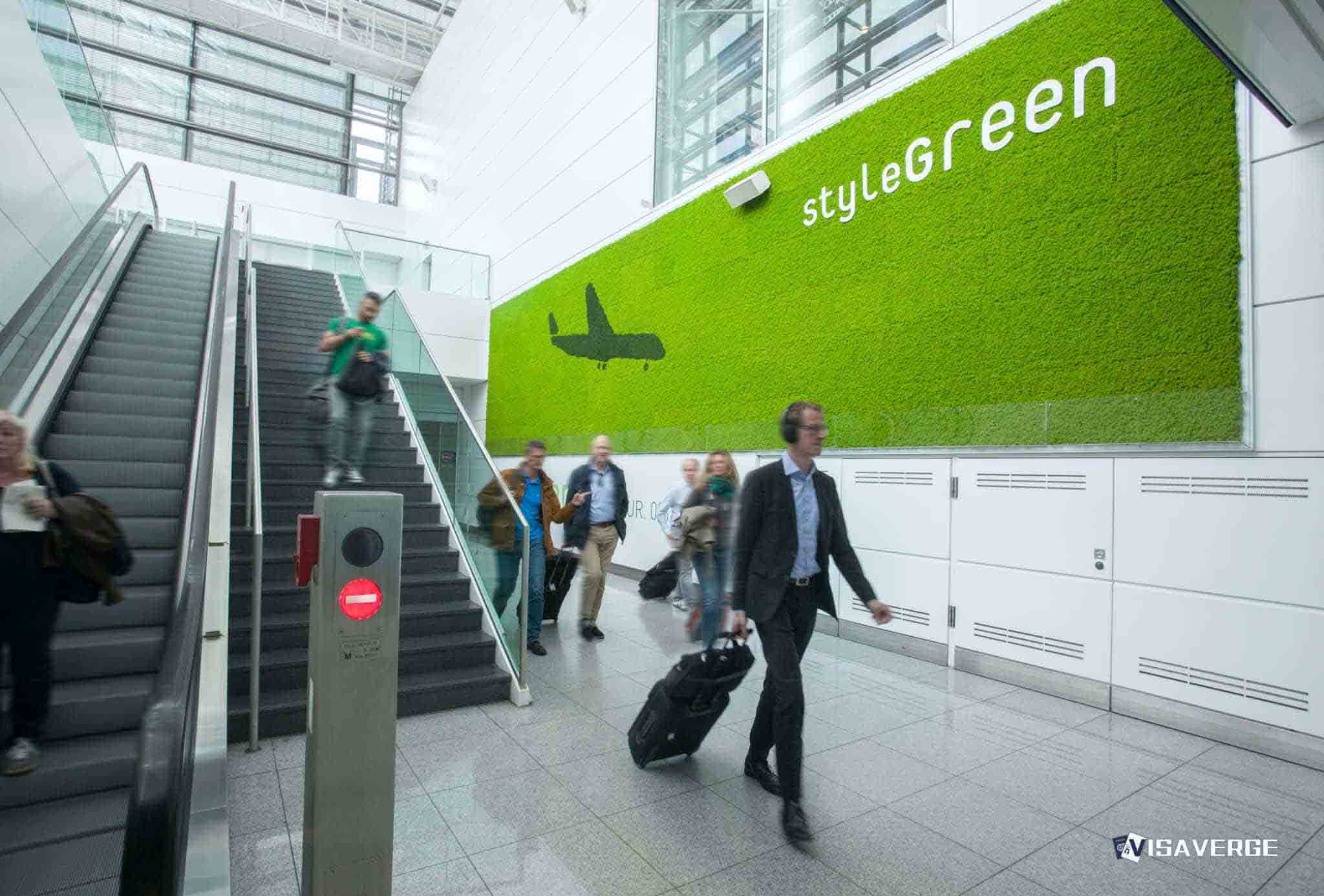
ICAO Aviation Climate Week 2025 was designed as a hybrid event, allowing both in-person and online participation. The main goal was to speed up global action for sustainable aviation by sharing the latest advances in sustainable aviation fuels (SAF), clean energy, and practical steps for reaching international climate targets. The event served as the official 2025 stocktaking for ICAO’s Long-Term Aspirational Goal (LTAG), which aims for net-zero carbon emissions from international aviation by 2050.
Key participants included ICAO’s Secretariat, representatives from its 193 Member States, airlines, airports, fuel producers, environmental organizations, and technical experts. Industry leaders like Haldane Dodd, Executive Director of the Air Transport Action Group, highlighted the importance of partnerships and innovation. The event also featured updates from national delegations and environmental groups, all sharing their progress and challenges.
Why This Event Is Important
Aviation is a major source of greenhouse gas emissions, and its share is expected to grow as more people travel by air. The decisions made at ICAO Aviation Climate Week will shape how the industry meets its climate responsibilities. The event’s outcomes will influence the upcoming 42nd ICAO Assembly, where new priorities and stronger commitments may be set.
Key Advances and Announcements
Sustainable Aviation Fuels (SAF): The Heart of Decarbonization
One of the main topics was the adoption and scale-up of sustainable aviation fuels. SAF are fuels made from renewable sources, such as plants or waste, which can replace traditional jet fuel. They can cut carbon emissions by up to 80% over their lifecycle compared to regular jet fuel.
A standout example discussed was Virgin Atlantic’s 2023 “Flight100,” the world’s first transatlantic flight powered entirely by SAF. This flight showed a 64% reduction in lifecycle CO₂ emissions and a 40% drop in particulate pollution compared to standard fuel. These results prove that SAF can play a big role in making aviation cleaner.
ICAO’s Global Framework for Aviation and Alternative Fuels, adopted at the Third Conference on Aviation and Alternative Fuels (CAAF/3), was a major focus. The framework sets out clear steps for countries and companies to increase SAF production and use. According to analysis from VisaVerge.com, this framework is expected to help both developed and developing countries access new technologies and funding for SAF projects.
Clean Energy and Technology Transitions
Beyond SAF, the event covered other clean energy solutions, such as electrification, hydrogen-powered aircraft, and advanced air mobility. Sessions explored the latest in airframe and engine design, as well as the challenges of bringing these new technologies to market. Experts stressed the need for strong investment and supportive rules to make these solutions widely available.
Carbon Offsetting and Reduction Scheme for International Aviation (CORSIA)
CORSIA is a global system that requires airlines to offset their carbon emissions by investing in projects that reduce greenhouse gases elsewhere. During the week, ICAO provided updates on how emissions are monitored, reported, and verified under CORSIA. There was also discussion about improving the quality of emissions units used for offsetting, to make sure they deliver real environmental benefits.
Green Airports and Infrastructure
The event highlighted innovations for making airports more sustainable. This includes moving to zero-carbon operations, using renewable energy, and designing buildings that are more energy efficient. Practical roadmaps were shared to help airport operators plan and pay for these changes.
Climate Adaptation and Resilience
As climate change brings more extreme weather, airports and airlines must adapt. Sessions focused on how to make air traffic operations and infrastructure more resilient, so they can keep running safely and smoothly even as conditions change.
Policy Changes and Practical Steps
ICAO’s Long-Term Aspirational Goal (LTAG)
The LTAG is ICAO’s commitment to reach net-zero carbon emissions from international flights by 2050. The 2025 stocktaking at Climate Week measured progress toward this goal, as required by the 41st ICAO Assembly. Countries and companies reported on their actions, and new tools for tracking emissions were introduced.
Operationalizing the Global Framework for SAF
The event focused on turning the SAF framework into real-world action. This means helping countries set up SAF production, creating rules for fuel quality, and making sure SAF is available at airports worldwide. The framework also encourages sharing data and best practices, so everyone can learn from early successes.
CORSIA Implementation
ICAO shared updates on how airlines are meeting their CORSIA obligations. This includes new methods for tracking CO₂ emissions and stricter rules for which offset projects count. The goal is to make CORSIA more transparent and effective.
ACT-SAF Programme: Building Capacity in Developing Countries
The ICAO Assistance, Capacity-building and Training for Sustainable Aviation Fuels (ACT-SAF) programme was a major highlight. This programme helps countries, especially those with fewer resources, develop the skills and infrastructure needed to produce and use SAF. ICAO called for new partners to join ACT-SAF and expand its reach.
How Stakeholders Can Get Involved
Registration and Participation
Anyone interested in sustainable aviation could register for ICAO Aviation Climate Week through the official ICAO event website. Attendees could join sessions on topics like SAF, CORSIA, technology, financing, and climate adaptation.
ACT-SAF Partnership
Countries and organizations wanting to join the ACT-SAF programme were invited to contact ICAO directly at [email protected] or find more details online. This is a key way for developing countries to get support and training.
Exhibition and Sponsorship
Stakeholders could also apply to showcase their products or sponsor the event by filling out forms on the ICAO website or contacting the Secretariat. This gave companies a chance to highlight their innovations and connect with potential partners.
Implications for Stakeholders
For Governments
- Policy Support: Governments are expected to create policies that encourage SAF production and use, support new technologies, and ensure fair access to funding.
- Capacity Building: Developing countries, in particular, can benefit from ACT-SAF and other ICAO programmes to build local expertise.
For Airlines and Airports
- Operational Changes: Airlines must invest in SAF, update their fleets, and improve efficiency to meet climate targets. Airports need to upgrade infrastructure to support new fuels and technologies.
- Financial Opportunities: The ICAO FINVEST HUB was introduced as a new platform to help finance decarbonization projects, making it easier for airlines and airports to find funding.
For Fuel Producers and Technology Companies
- Market Growth: As demand for SAF and clean technologies rises, there are new business opportunities. Companies that can scale up production or offer innovative solutions will be in high demand.
- Partnerships: Working with governments, airlines, and ICAO can help companies access new markets and funding.
For Environmental Groups
- Advocacy: Environmental NGOs play a key role in pushing for strong standards, transparency, and the inclusion of non-CO₂ effects in climate strategies.
- Monitoring: These groups help hold the industry accountable by tracking progress and highlighting areas where more action is needed.
Background and Historical Context
ICAO has led the aviation sector’s climate response since the 1990s. Key milestones include:
- CORSIA (2016): The first global carbon offsetting scheme for aviation.
- LTAG (2022): The adoption of the net-zero by 2050 goal.
- Global Framework for SAF (2023): A roadmap for scaling up alternative fuels.
Regular stocktaking events like Aviation Climate Week are required to keep the sector on track and ensure accountability.
Multiple Perspectives
Developed vs. Developing Countries
While all countries are engaged, there is special focus on helping developing countries catch up. Programmes like ACT-SAF provide training and support, so no country is left behind in the shift to sustainable aviation.
Industry vs. Environmental Groups
Airlines and airports are pushing for innovation and financial support, while environmental groups want strong rules and transparency. Both sides agree on the need for action, but sometimes differ on how fast and how strict the changes should be.
Research Community
Researchers are looking at the next wave of solutions, such as electrification and hydrogen-powered planes. They stress the need for more investment and clear rules to bring these technologies to market.
Future Outlook
42nd ICAO Assembly
The outcomes from Climate Week will help set the agenda for the 42nd ICAO Assembly. This high-level meeting may lead to new priorities and even stronger commitments to climate action.
Scaling Up SAF
Efforts to expand SAF production and use are expected to speed up, especially in developing countries. New partnerships and financing tools will help make SAF more widely available.
Technology Roadmaps
There will be continued focus on electrification, hydrogen, and advanced air mobility. New rules and investments are expected to help bring these technologies into regular use.
CORSIA Evolution
CORSIA will likely see further improvements, with stricter rules for offset projects and more attention to environmental integrity.
Practical Guidance and Next Steps
- Stay Informed: Check the ICAO Aviation Climate Week 2025 website for updates, session recordings, and new resources.
- Join ACT-SAF: Countries and organizations can contact ICAO at [email protected] to join the ACT-SAF programme and get support for SAF projects.
- Explore Financing: Airlines, airports, and fuel producers should look into the ICAO FINVEST HUB for funding opportunities.
- Advocate for Strong Policies: Stakeholders can work with their governments to push for policies that support sustainable aviation.
- Share Data and Best Practices: Open sharing of results, like Virgin Atlantic’s Flight100, can help speed up adoption of SAF and other solutions.
Conclusion
ICAO Aviation Climate Week 2025 has set a new pace for global action on sustainable aviation. By bringing together governments, industry, and civil society, the event has strengthened international cooperation, advanced the use of sustainable aviation fuels, and laid the groundwork for cleaner, more resilient air travel. The decisions and partnerships formed during the week will shape the future of aviation, helping the sector reach its net-zero goal by 2050 and ensuring that the benefits of flight can be enjoyed by future generations.
For more information, including how to participate in future events or join key programmes, visit the official ICAO Aviation Climate Week website. As reported by VisaVerge.com, the momentum from this year’s event is expected to drive even greater progress in the years ahead, making sustainable aviation a reality for all.
Learn Today
ICAO → International Civil Aviation Organization, a UN agency coordinating global aviation standards and policies.
Sustainable Aviation Fuels (SAF) → Renewable jet fuels that reduce lifecycle carbon emissions by up to 80% compared to traditional fuels.
CORSIA → Carbon Offsetting and Reduction Scheme for International Aviation, a global system offsetting airline emissions.
LTAG → Long-Term Aspirational Goal by ICAO to achieve net-zero carbon emissions from international flights by 2050.
ACT-SAF → ICAO program providing assistance and training to help developing countries produce and use sustainable aviation fuels.
This Article in a Nutshell
ICAO’s 2025 Aviation Climate Week united global stakeholders to boost sustainable aviation, spotlighting SAF advancements and net-zero goals to transform air travel’s carbon footprint by 2050.
— By VisaVerge.com







